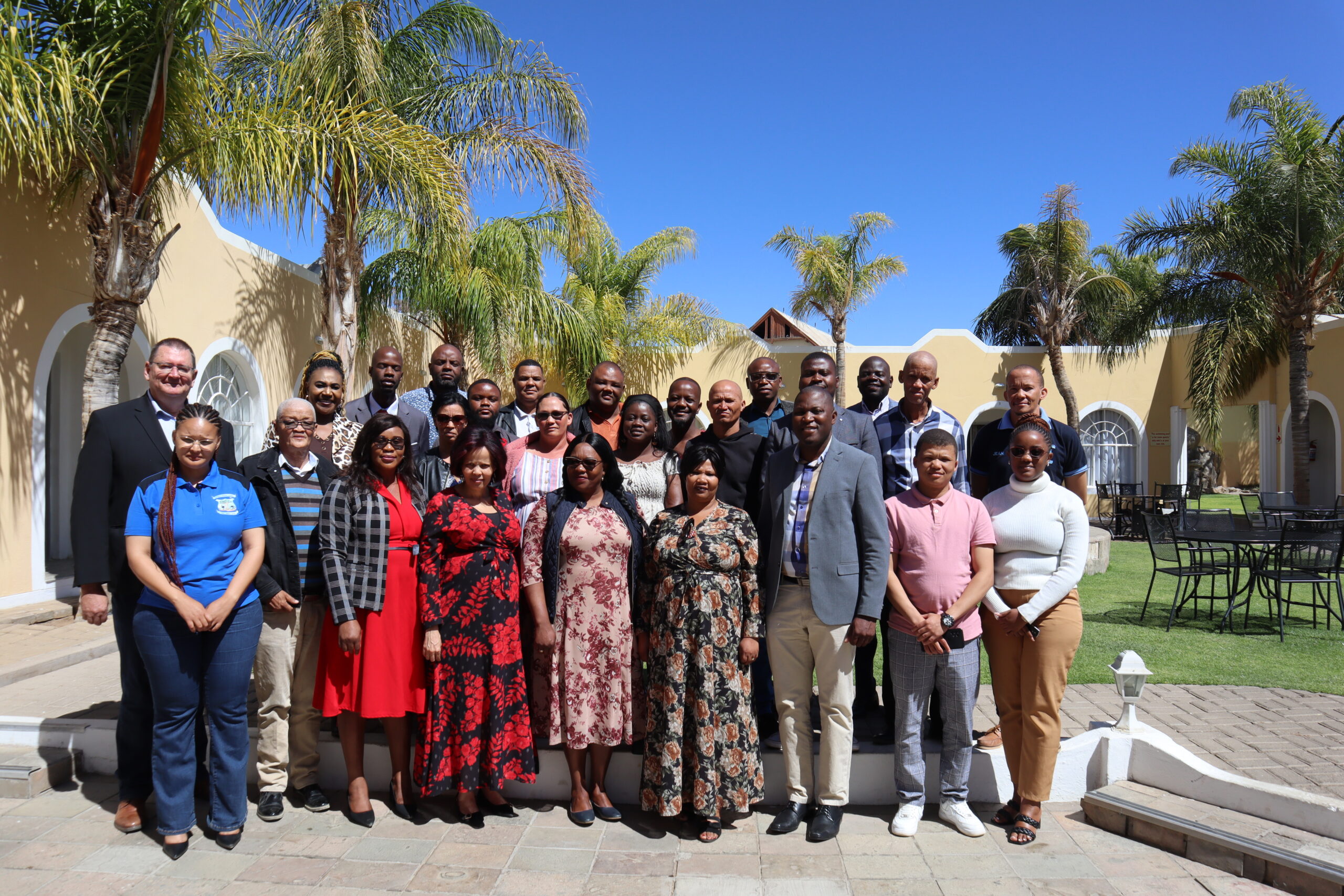In an effort to support Namibia’s path towards sustainable future, the International PtX Hub hosted several training sessions for regional leaders and young participants in the ǁKaras region.
The training session equipped leaders with the knowledge necessary to navigate the emerging green hydrogen and Power-to-X economy in Namibia. Governor of the ǁKaras region Aletha Frederick kicked off the event with opening remarks, acknowledging the importance of the initiative, and expressing gratitude to GIZ for organising the much-needed training. Job creation, energy independence, and the positive impact on the region’s global standing in sustainability were among the topics addressed at the training, aiming to showcase that green hydrogen is a strategic tool for a more robust and resilient economy.
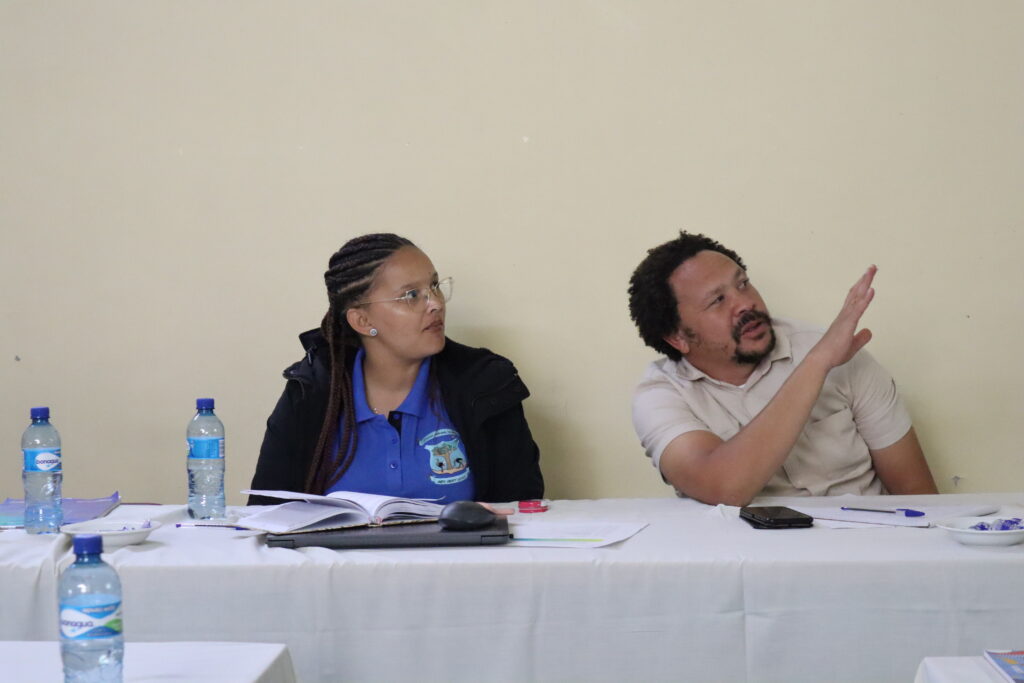
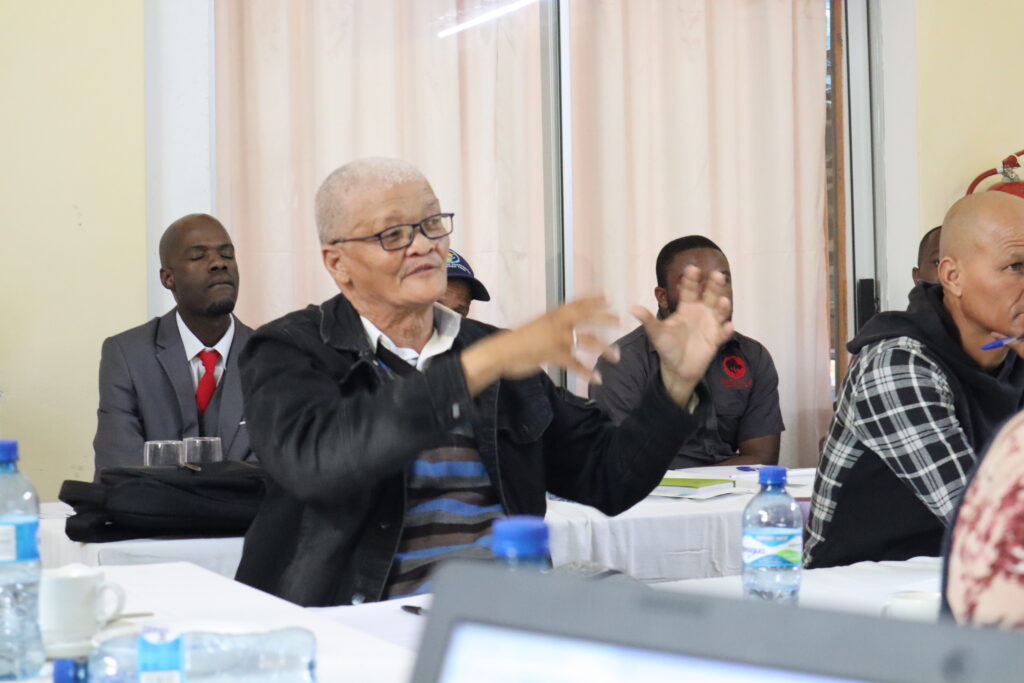
Amidst the palpable enthusiasm for a sustainable future, questions surfaced about the practicality and feasibility of integrating green hydrogen into the region’s energy landscape. Executives, accustomed to conventional energy paradigms, expressed concerns about infrastructure readiness, cost implications, and the potential disruptions to established systems.
Luderitz Town Council Representative emphasised “the issue of ownership is a major problem we face, and it should be addressed. Ownership should belong to the people of the country.”
Training future innovators: ǁKaras youth embark on green hydrogen journey
In September, young participants from ǁKaras attended a youth training session to learn about the fundamentals of green hydrogen and Power-to-X, unravelling new opportunities and insights of sustainable energy sources.
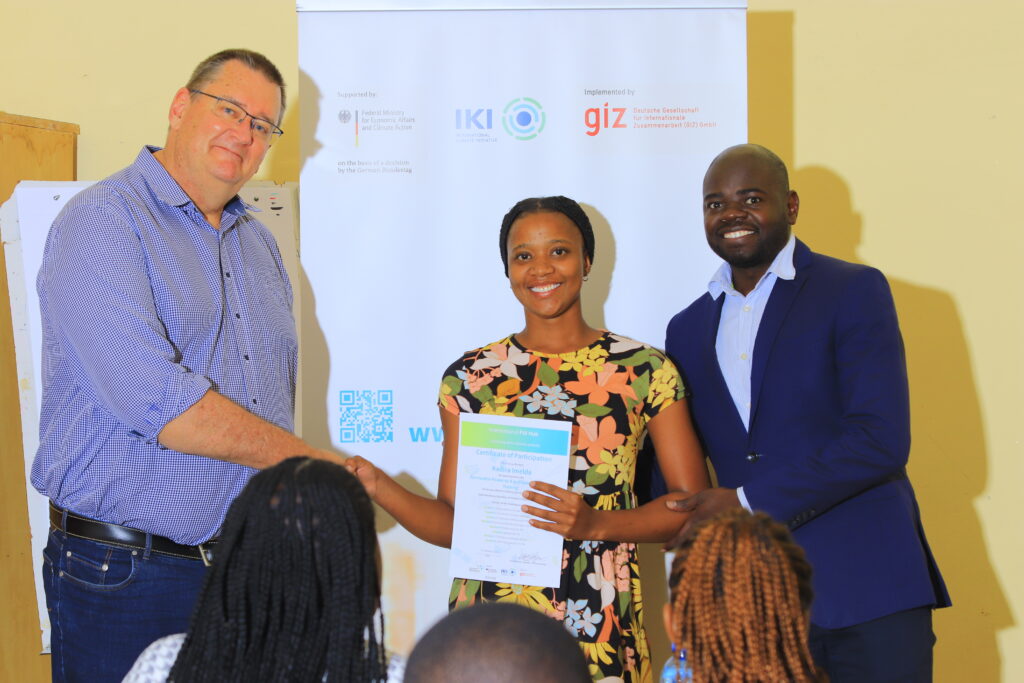
The training sparked enthusiasm among the attendees as they explored the manifold economic benefits that green hydrogen holds for the future, diverse career paths available, spanning from research and development to hands-on technical roles. The expert trainer elaborated on the potential of green hydrogen as a catalyst for economic growth, along with demand for skilled individuals in this burgeoning sector. The session went beyond theoretical knowledge, emphasising the practical aspects of how the ǁKaras region could harness this technology to foster development.
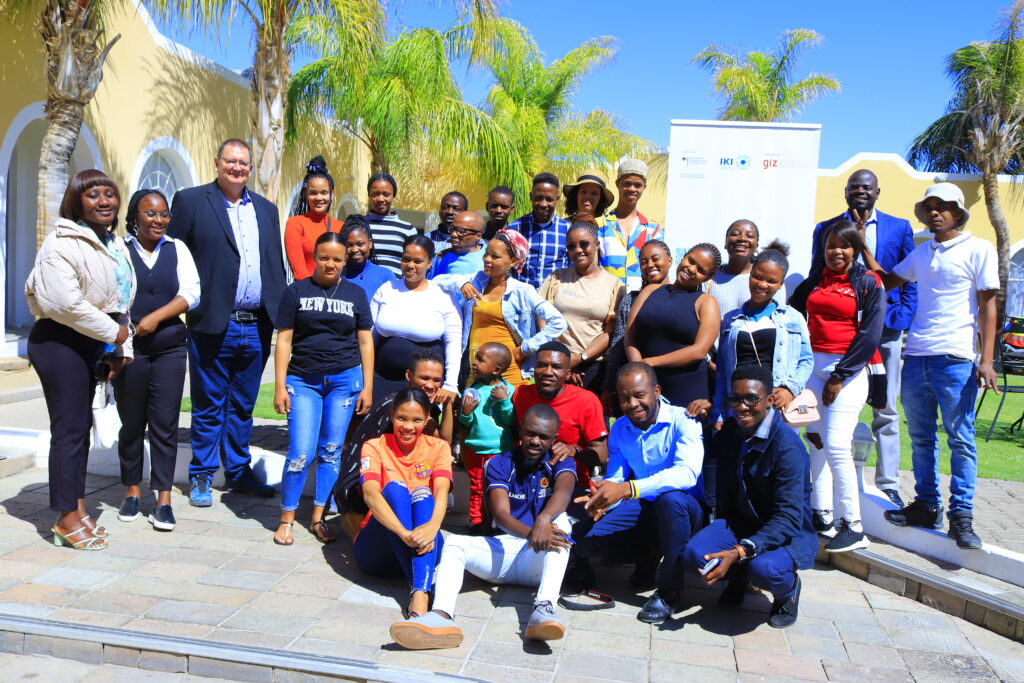
The session also provided a platform for the youth to envision their future roles in the green hydrogen industry. Many participants expressed their newfound understanding of the significance of green hydrogen and the role they could play in shaping a sustainable future for their community.
One of the key aspects of the training sessions is the networking amongst individuals sharing a common objective of bolstering Namibia’s journey towards sustainability. We extend our gratitude to the participants for contributing to the success of the training programme!
Tia Garises contributed to this article.
